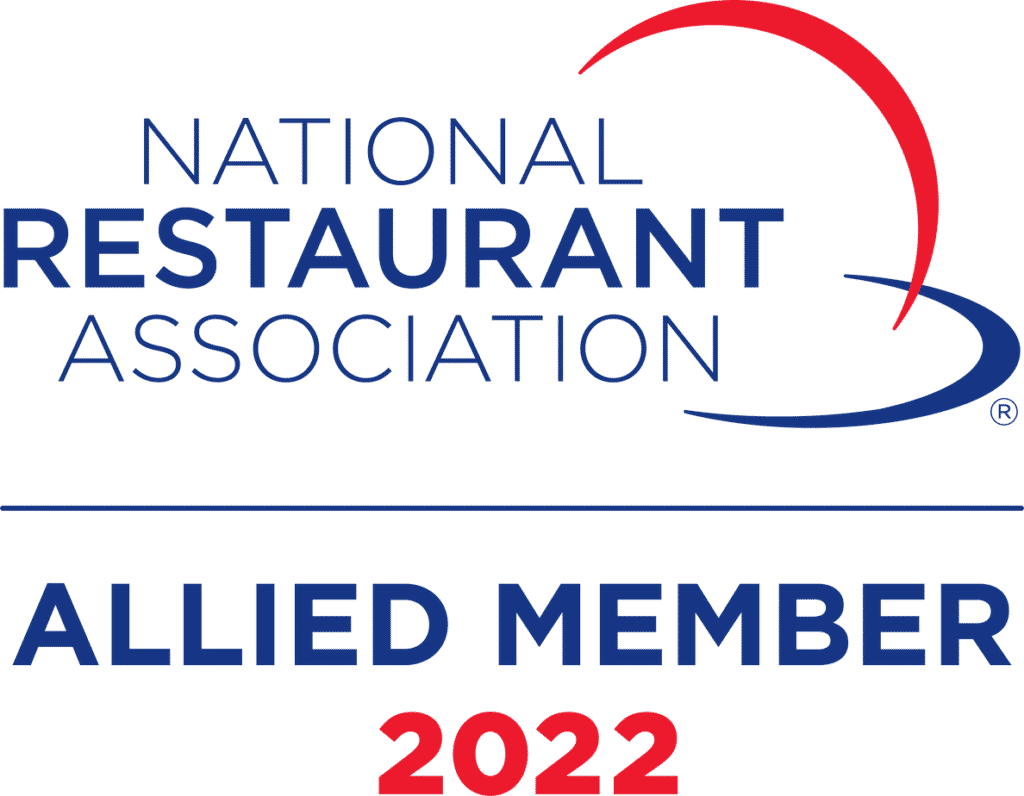Recent studies have finally put an end to the longstanding debate by asserting that leaders can, in fact, be developed. While some individuals may have innate advantages in leadership, many essential skills are cultivated through education and experience. Although possessing a natural leadership instinct can be beneficial, success in leading others ultimately depends on the refined abilities acquired over time.
The World is Ever Changing
As the world changes, our concept of effective leadership must also adapt. It is no longer sufficient to just have authority; modern leaders are required to not only lead and guide but also motivate their team toward shared success. The longstanding query persists: is it possible to demand respect without earning it? In a constantly changing environment, effective leadership is crucial for navigating uncertainties and seeking solutions.
Which outdated leadership styles no longer prove effective in today’s environment?
- The Military Style of leadership works under a “do as I say” approach. This neglects individual thinking and empowerment.
- The leadership approach of setting unattainable goals appears beneficial as it challenges employees, yet it is only effective in ideal conditions. In reality, setbacks and obstacles often lead to demotivation. A more effective strategy involves leveraging the employee’s strengths and acknowledging their weaknesses.
- Traditional, standardized performance evaluations no longer effectively motivate employees. Workers anticipate receiving a mediocre rating and a minor salary increase during these scheduled assessments. This approach fails to drive performance improvement as it only notifies employees of their errors once a year.
- Adhering to conventional work hours in the hospitality industry may slow down recruitment efforts. This is the case because rigid schedules for housekeeping and bartending don’t appeal to a wide pool of job seekers.
- Many past leaders did not support career advancement. This was done by keeping employees stagnant and neglecting to offer guidance or opportunities for growth. Often this was due to a lack of willingness to help or a fear of potential competition for their own positions.
Leaders and managers are reasons why individuals choose to depart from their roles
Becoming a successful leader in hospitality management is a significant achievement, especially given the industry’s high turnover rates. Today’s competitive environment poses unique challenges, but experienced leaders can address them with timely solutions. Effective employee recruitment and retention hinge on attentive listening and decisive action.
What could be the reason for someone to leave their job in hospitality?
- Toxic work environment
- Lack of availability for flexible scheduling
- Inadequate pay
- Long hours
- Lack of communication
- Limited potential for advancement
- Employee lacks a sense of connection
- Lack of acknowledgement or appreciation
- Understaffed and overworked
Other factors that contribute to leaving the hospitality sector may include relocation. However, the primary reason for leaving is problems with leadership.
Be the Change
Today’s hospitality industry leaders must abandon outdated approaches and adopt new strategies for success. The essential components include a fervor for mentoring and cultivating adjacent abilities. While passion is crucial, effective leadership demands commitment and honing of skills to make a meaningful difference in the lives of those being led.
What are some ways a hospitality professional can become a great leader?
- Mentorship is a valuable strategy for rapidly gaining knowledge and skills from established leaders in the hospitality industry. Connecting with these leaders is as easy as starting a conversation and seeking guidance.
- Coaching is distinct from mentorship, but shares similar qualities. A competent leadership coach can guide you away from mistakes and steer you towards success. The fees for leadership coaching may differ, and you can engage a coach part-time for short-term support as required.
- Attending seminars and classes at local colleges is a valuable way to enhance leadership skills. It may initially appear time-consuming to return to school, but the benefits outweigh the effort. These opportunities include online leadership training and in-person classes a few nights a week. Alternatively, participating in seminars allows for staying updated on leadership trends and networking with fellow hospitality professionals.
- Traditional experience may require time to acquire, but the lessons learned are invaluable. Leadership positions provide chances for failure, which can be beneficial. Failing forward is a key method for developing leadership skills.
Prioritize both customers and employees
Exceptional hospitality leaders understand that success hinges on maintaining a delicate equilibrium between efficiency and customer service. This requires promptly resolving issues while also making guests feel important. However, the truth is more complex: apart from inspiring their team, industry champions must also possess strong persuasion skills and sales acumen to enhance customer satisfaction.
As a leader in the hospitality sector, balancing various responsibilities is crucial. Prioritizing customer service and satisfaction while also inspiring employees towards high performance is a challenging task. Achieving this equilibrium between guest contentment and staff empowerment is key to sustaining your business’s success.
Understanding Soft Skills
In the field of hospitality, it is essential for leaders to possess more than just project management and scheduling skills. Soft skills, including effective communication with guests, listening to employees, and maintaining organization in stressful situations, are equally crucial for achieving success. Acquiring and honing these abilities demands focused dedication and regular assessment to verify their proper application.
Here are seven essential soft skills that every leader should strive to develop:
- Great leaders always prioritize patience when faced with any situation, ensuring thorough analysis before making a decision. They understand that it is far more beneficial to be overly patient rather than hasty. This emphasis on patience not only promotes thoughtful actions but also helps prevent mistakes caused by impulsivity.
- A leader who prioritizes mastering communication skills will excel. Listening attentively to others is crucial for effective communication. Clearly conveying goals and providing feedback to team members are essential leadership qualities.
- A study of over 6,000 workers revealed that decisiveness ranks among the top three qualities that can enhance a leader’s credibility. It is crucial to learn to make decisions based on the available information. Team members rely on you to provide them with answers.
- When interacting with customers and employees, try to understand their perspective by empathizing with them. By recognizing and sharing their feelings, you can build stronger connections. Empathy is like tasting salt when someone else is crying – it allows you to truly experience and relate to their emotions.
- In the hospitality industry, it’s crucial to be flexible like Gumby and adapt when necessary. This business is never stagnant; rather, it fluctuates constantly, requiring leaders to adjust accordingly. A successful leader in this field must be able to bend and pivot as needed to navigate the changing tides of the industry.
- Maintain a trustworthy reputation by consistently following through on your promises and commitments. Make sure your word is reliable and your actions reflect honesty in all situations. Demonstrate integrity by upholding your promises and being truthful in your words and deeds.
- In leadership, it’s important to be human and avoid being overly rigid. Use policies and procedures as guidelines for others, rather than strict rules. When faced with situations that call for compassion and common sense, prioritize doing what’s right over strictly following the employee handbook.
Lead with a Passion for People
In the realm of hospitality, people are at the forefront. Effective leadership emerges when individuals prioritize the needs of others. Leaders who prioritize customer satisfaction often find that their team members do the same. Tony Hsieh, the ex-CEO of Zappos, shared an insightful anecdote in his book “Delivering Happiness” about empowering his employees. He proudly told a friend that his team provided top-notch customer service worldwide.
Hsieh and his friend traveled to Hawaii and upon arriving at their hotel, the friend called Zappos to order a pizza. Despite Zappos being an online shoe store, the employee was willing to assist. The employee obtained Hsieh’s room number, arranged for a pizza to be ordered from a local establishment, and paid for it with her own credit card. Hsieh hesitated to include the incident in his book as he was concerned that it might prompt others to make similar requests. Nevertheless, the message is clear: a strong leader is one who is able to inspire followers. By dedicating oneself to developing soft skills and prioritizing people, aspiring leaders in the hospitality industry can achieve success.





